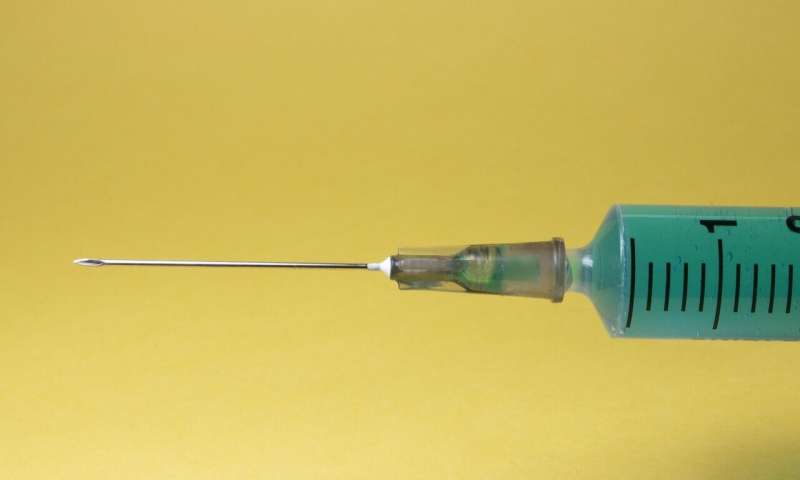Innovative Breath Test Shows Promise in Detecting Blood Cancers

A groundbreaking breath analysis method offers a rapid, non-invasive approach to detecting blood cancers, potentially transforming diagnosis especially in resource-limited settings.
Recent research conducted by Queen Mary University of London highlights the potential of using breath analysis as a non-invasive method to detect blood cancers. Molecules exhaled during breathing may carry specific biomarkers indicative of malignancies, opening the door for rapid and affordable diagnostic tools.
Each year in the UK, approximately 40,000 individuals are diagnosed with blood cancer, with around 16,000 fatalities. Diagnosing these cancers can be particularly challenging because early symptoms like fatigue and weight loss are nonspecific, and traditional diagnostic procedures such as imaging scans or biopsies may be costly, invasive, or difficult to access, especially in remote or resource-limited settings.
The new study focused on analyzing the chemical composition of exhaled breath from patients with blood cancer and healthy individuals. Using advanced breathalyzer technology—specifically, Breath Biopsy developed by Owlstone Medical—the team collected and examined breath samples from 46 cancer patients and 28 controls. They employed mass spectrometry to identify a wide array of molecular fragments in the breath.
Findings revealed that individuals with high-grade lymphoma, an aggressive form of blood cancer affecting the lymphatic system, exhibited significantly elevated levels of certain molecules in their breath. These molecules are linked to oxidative stress, a process where cellular fats are damaged—a hallmark associated with cancer development.
What makes this approach particularly promising is its simplicity, cost-effectiveness, and portability. Unlike conventional diagnostic tools, breath tests could be implemented anywhere in the world, making them ideal for low-resource settings such as rural areas or developing countries. Dr. John Riches, a clinical researcher involved in the study, envisions a future where doctors can perform quick breath tests in clinics, obtaining results within seconds without the need for expensive equipment.
Further research aims to understand the biological mechanisms behind the production of these molecules and determine which specific types of blood cancer are most reliably detected through breath analysis. This will facilitate the development of more precise and sensitive tests, potentially reducing breath collection time from ten minutes to just a few seconds.
Overall, this groundbreaking work paves the way for a new era in blood cancer diagnostics—one that is fast, non-invasive, and accessible globally.
Source: https://medicalxpress.com/news/2025-07-blood-cancers.html
Stay Updated with Mia's Feed
Get the latest health & wellness insights delivered straight to your inbox.
Related Articles
Majority of Americans Unaware That Early-Stage Prostate Cancer Often Shows No Symptoms
A survey reveals that 80% of Americans are unaware that early-stage prostate cancer often has no symptoms, emphasizing the need for regular screenings to enhance early detection and treatment.
Research Indicates Shorter Blood Thinner Duration Post-Myocardial Infarction May Be as Effective as Longer Treatment
New research from the ESC Congress 2025 suggests that a three-month course of dual antiplatelet therapy may be as effective as traditional longer treatment for myocardial infarction patients, with potential safety benefits.
Enhanced Child Referral Rates Through 211 Call Center Care Coordination
A groundbreaking study reveals that leveraging 211 call center for care coordination significantly improves referrals and enrollment in developmental services for children, promoting better early childhood health outcomes.



